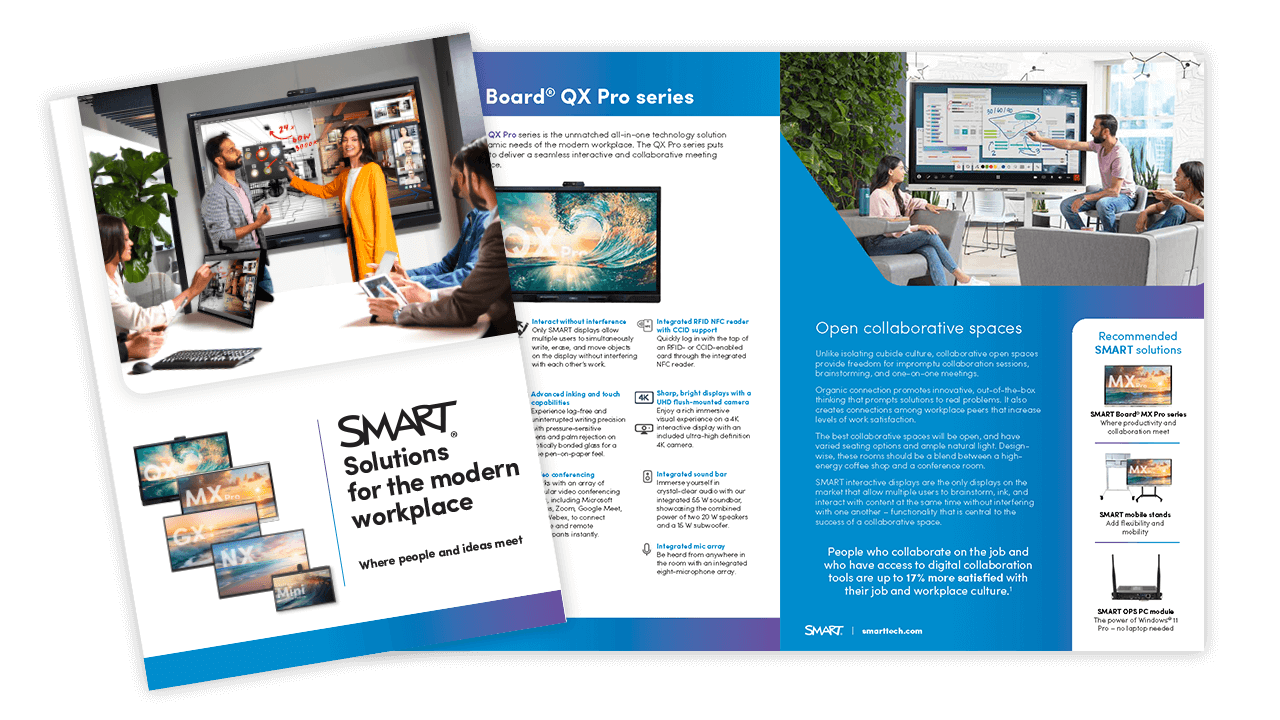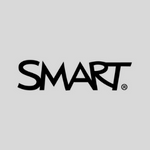Introduction
Bill Schmitz is the founder and president of Northwest Power. An electrical engineer, he started the company 26 years ago in Milwaukie, Oregon. Northwest Power is now a subsidiary of Vicor Corporation, but at the outset it was a small operation. Schmitz served as his own IT department, writing the software and building the computers that still guide the company's operations.
He now has 16 employees who design and build modular components to deliver power for railways, autonomous vehicles, the aerospace industry, communications equipment and computers. He's also creating the system that will power the dome-shaped LED screen of the MSG Sphere, a massive concert venue under construction in Las Vegas.
Along the way, he’s boiled down the secret to his success. “We never do what people tell us to do,” he says. “We figure out for ourselves how to do what needs to be done.”
SMART at work
That business maxim applied when the COVID-19 pandemic hit, and remote presentations and collaboration became common. Schmitz now has a SMART Board in his office and another in Northwest's lab.
“In its most basic sense, it’s a whiteboard where I can save what I drew and bring it up later and use it again,” Schmitz says. “That’s a good start—I’m tired of whiteboards that you have to erase and clean.” But Schmitz gets more out of his SMART Boards by using them as presentation and collaboration devices. “I use it when I have a meeting in my office, rather than projecting onto the wall, which is completely horrible, blurry and small,” he says.
When it comes to presenting, Schmitz has another maxim: “It’s not OK if things aren’t perfect.” There is nothing more frustrating or damaging to your professional reputation than a presentation marred by technical problems. The ease of presenting on the SMART Board is big for Schmitz, “I personally think that any sales team of a technology company should be using the ultimate in technology,” he says. “Otherwise you’re fooling yourself that you’re highly advanced.” Schmitz hopes to convince Vicor to adopt SMART Boards. “Once they see the ease of connection, the clarity and control, they might be persuaded.”
Together at a distance
Schmitz is also using his SMART Boards to boost collaboration. Even before COVID, Schmitz had started contracting out some engineering and most assembly work. That business model means clear communication and video-conferencing are essential. “I might have three engineers around the table, and one of them is controlling the SMART Board, and we’re using Microsoft Teams to interface to other engineers or customers,” he says. “It might be at the end of our design work where we’re bringing up documentation, schematics, board layouts or mechanical models and manipulating them to show them what we’ve done.”
There are many possibilities, but one ultimate goal. As Schmitz says, “I want to work on something with multiple people in different parts of the world as if we are here in my office.”
“I personally think any sales team of a technology company should be using the ultimate in technology. Otherwise, you’re fooling yourself that you’re highly advanced.”Learn more about how SMART can help your business.


